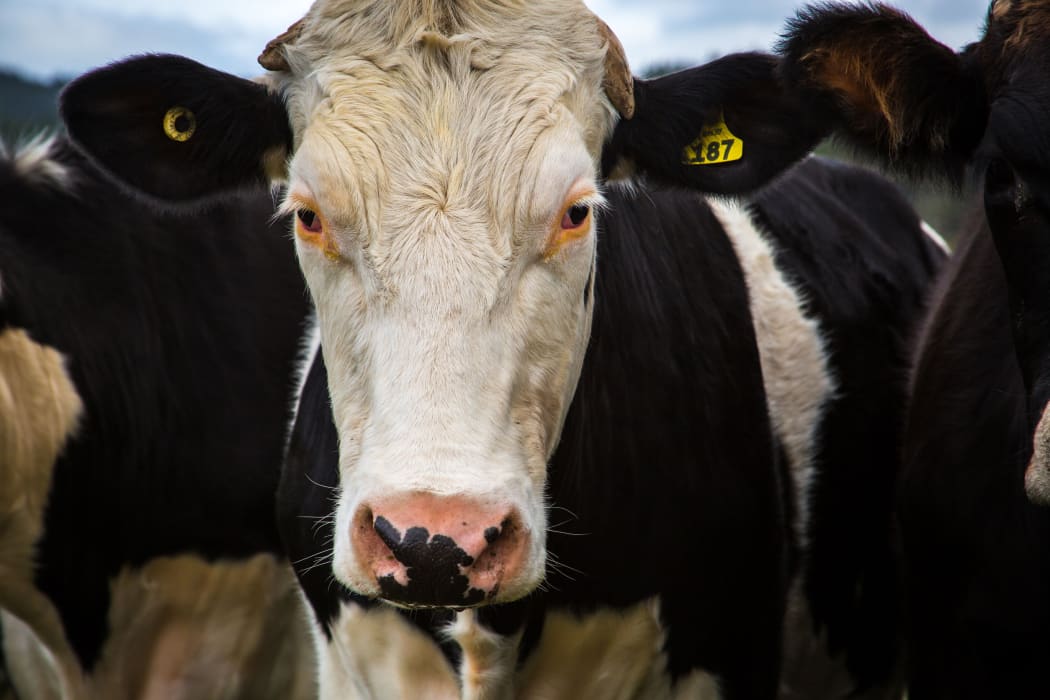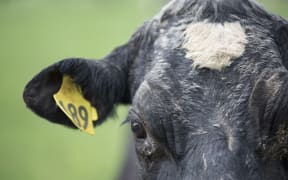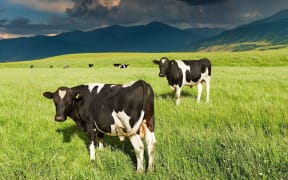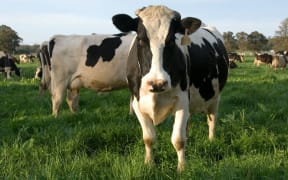Farmers remain nervous about the cattle disease, mycoplasma bovis, despite the Ministry for Primary Industries (MPI) being cautiously optimistic that it was under control.

Photo: 123RF
About 4000 cattle on five of the seven infected properties are being killed to stop the disease spreading.
The two other farms that tested positive for the disease have already culled their infected animals.
The cow disease struck New Zealand for the first time in late July and spread to seven properties in South Canterbury and North Otago.
Aad Van Leeuwen's dairy company owns the five properties, and he said had wanted to cull the cows since the outbreak started, and supported the ministry's decision.
With the mating period under way in some regions, head of DairyNZ Tim Mackle said there was still uncertainty concerning stock movements.
"There is certainly some nervousness around the traps, particularly in the South Island as you get closer to South Canterbury."
Mr Mackle said farmers should be reassured that the ministry had infected farms in lock down, movement controls in place and was doing ongoing testing.
He said MPI should be able to confirm which country the disease came from soon, and that would hopefully help track down how it got into the country in the first place.
"That's still an unknown and that's a concern to us because if we don't know how it got in, then it's hard to mitigate against that going forward."
It was hard to know how many jobs, families and workers would be affected by culling the cows, said Mr Mackle.
"If you're a sharemilker, you take away the herd then that's the livelihood gone. So this is really really tough stuff for the group of farmers that are affected."
Mr Mackle said the outbreak highlighted the importance of strong bio-security.
"We've got to be careful about bio-security measures from farm to farm, in terms of equipment but animals as well.
"It's something we've got to, really, I think, lift our game in general."
He said bio-security was absolutely crucial to New Zealand's primary industries.
He said the next step in the outbreak is the big operation of culling the stock, de-contaminating the farms, and ongoing testing of stock and milk.





